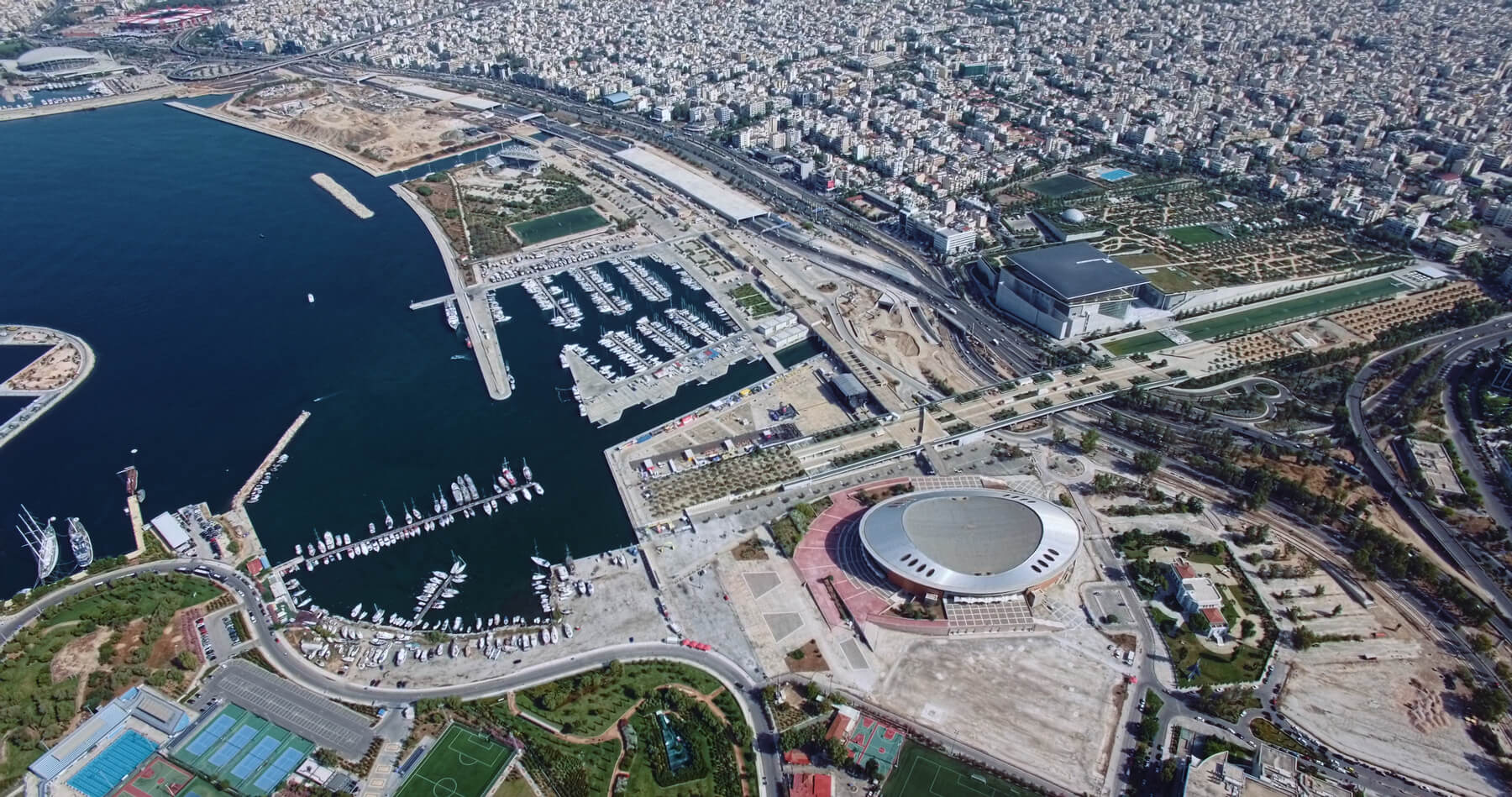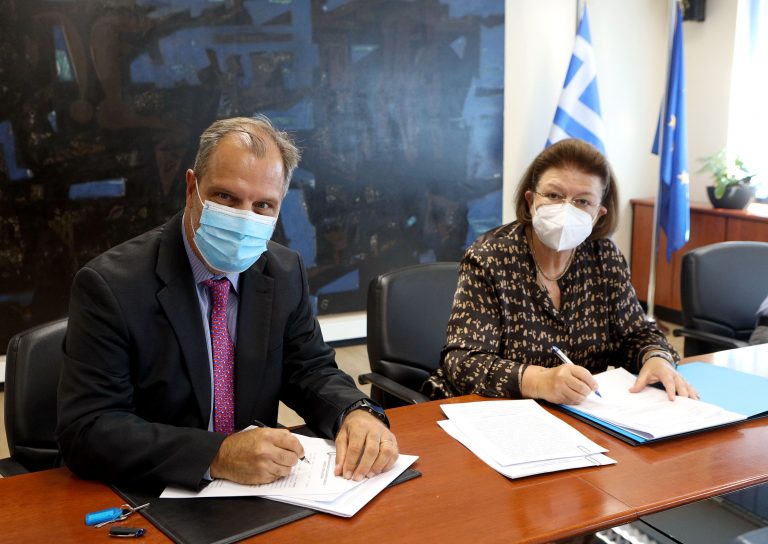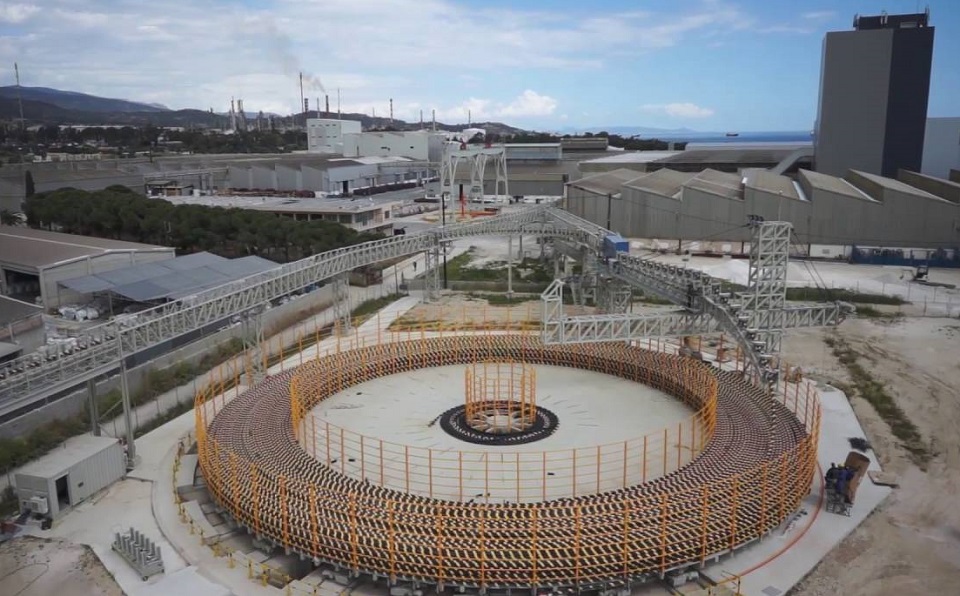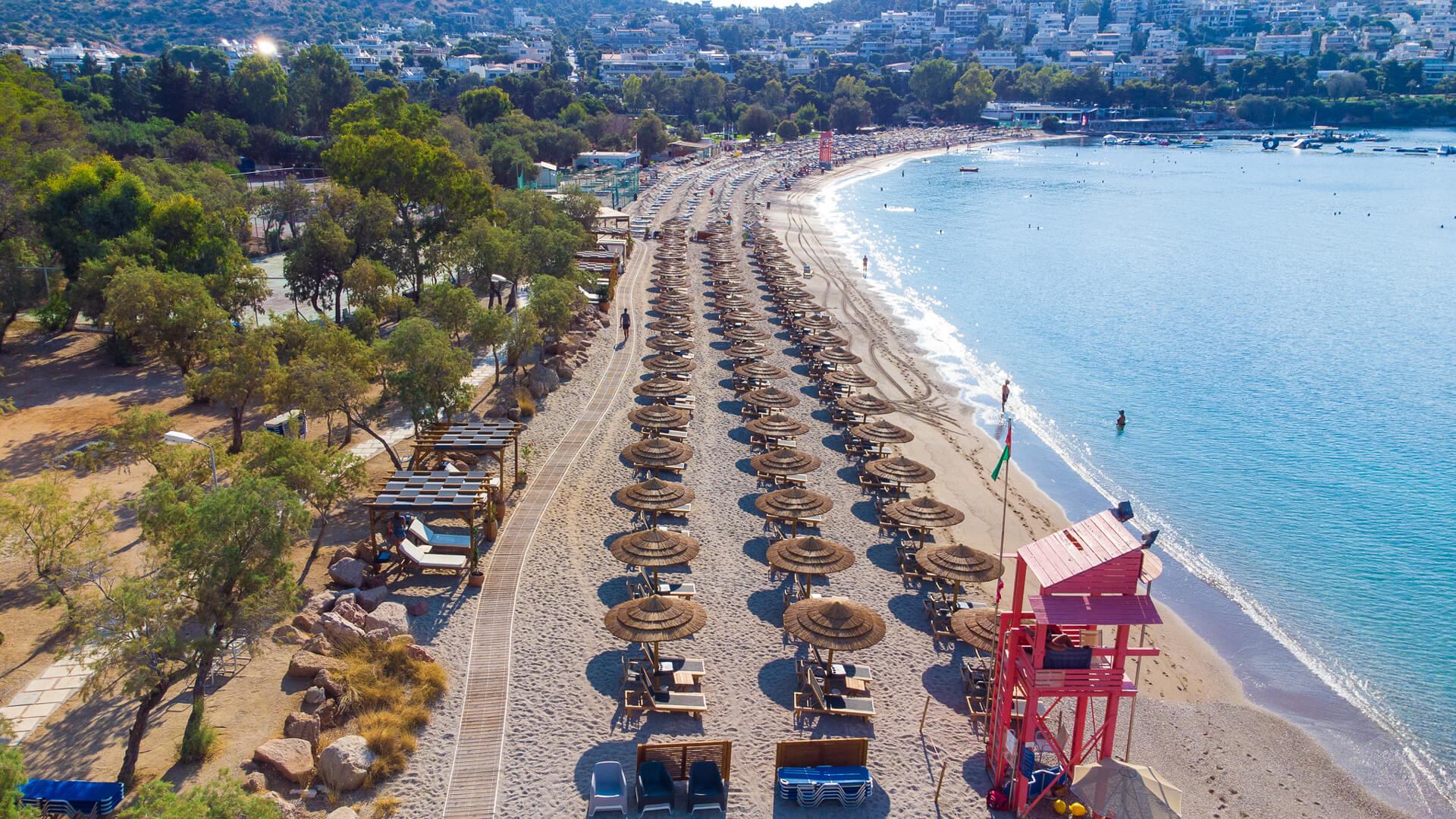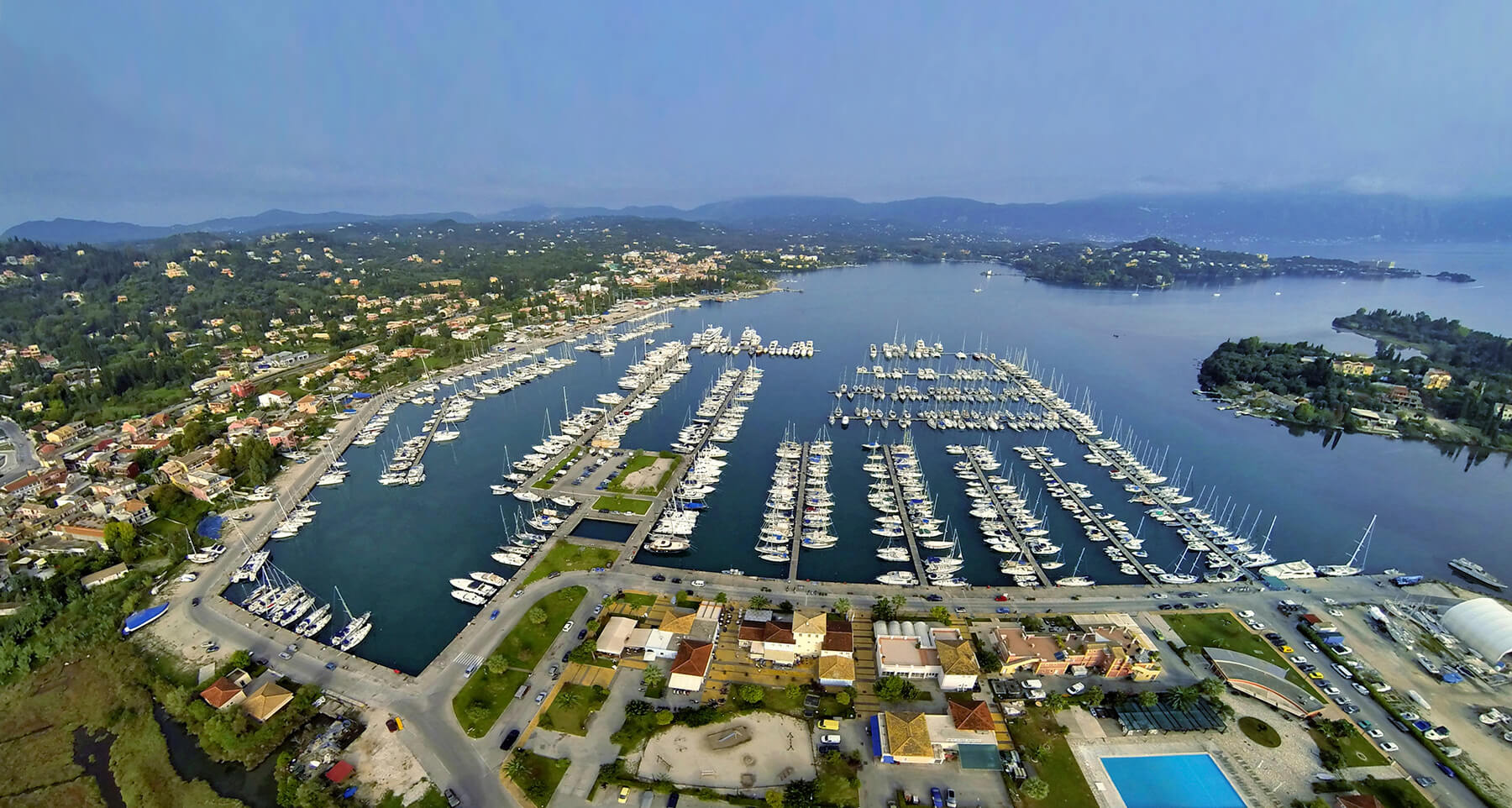Could you give us an overview of key developments in the Greek real estate market in 2021?
On a global scale, the real estate industry went through a period of slowdown, which coincided with long term structural changes in the market. The restrictive measures heavily affected specific sectors of the economy such as the tourism sector and related services, the food and beverage industry, the entertainment sector, and retail, with major impact to the small and medium-sized businesses. At the same time, the pandemic accelerated the need for digital services, redirecting the interest of the investors to new sectors and other areas of high demand that are more resilient to external risks (data centers, logistics, premium offices and residential areas). In the course of the economic crisis in Greece, the real estate market unexpectedly demonstrated a strong resilience, attracting – despite the sharp downturn of the economy – the acute interest of investors from different countries. This effect was felt in different categories of assets, namely in tourism, residential and urban properties. The outbreak of the pandemic affected this upward trend, leading to a slight decline in prices due to the stalling economy. The impact on tourism, which in 2019 alone contributed (directly and indirectly) to 25% of Greece’s gross domestic product, slowed down the development of already planned projects as well as the announcement of new ones. Yet the successful management of the pandemic crisis by the Greek government and the gradual strengthening of the vaccination campaign mitigated its negative consequences, while the positive restart of Greek tourism, combined with the prospects created by the ambitious Greece 2.0 National Recovery and Resilience Plan, paves now the way for a significant rebound in the Greek economy…
Read the full article here: liveandwork.country-reports.net

